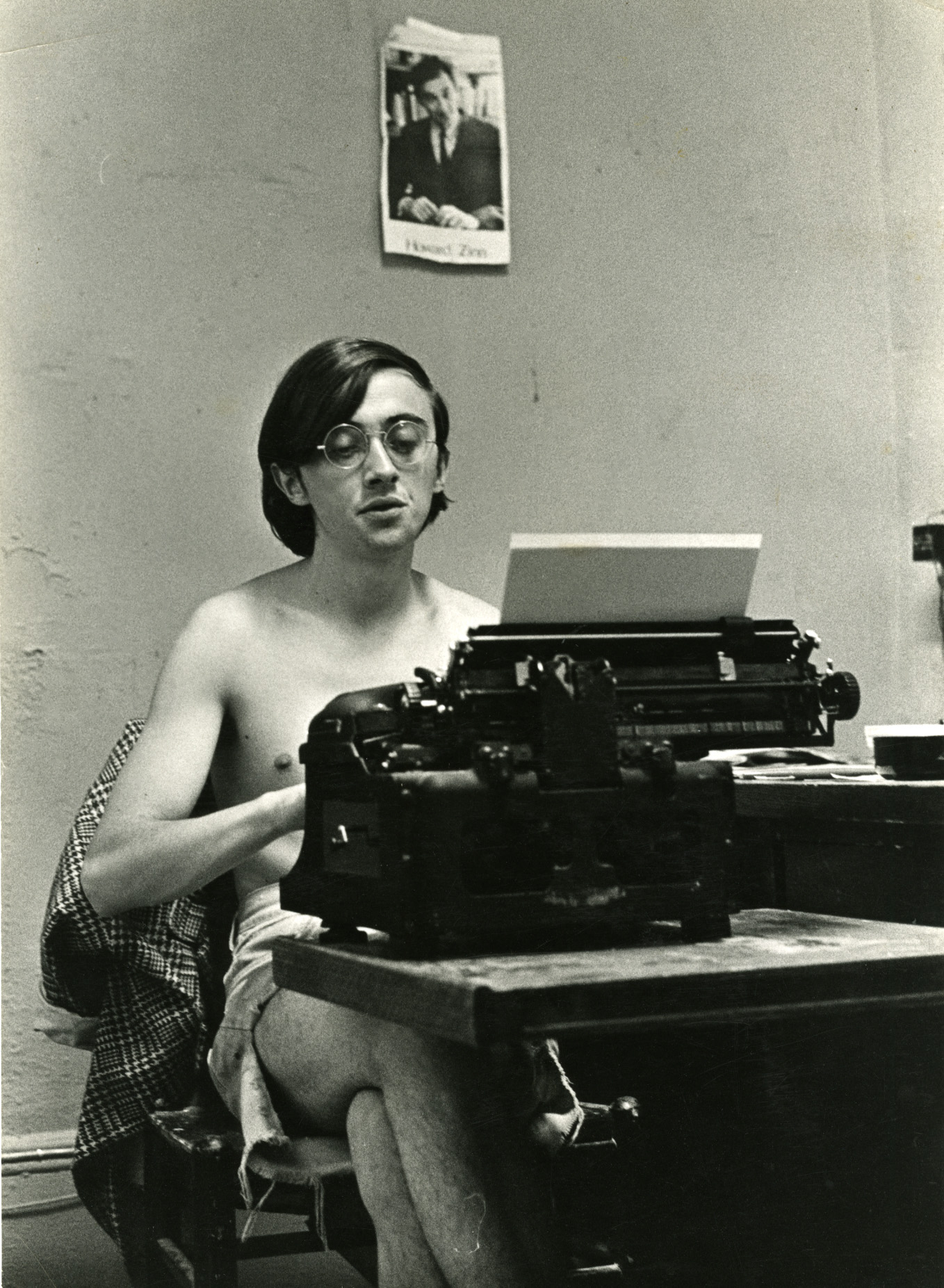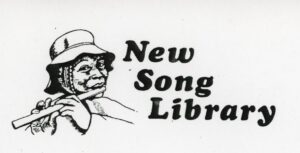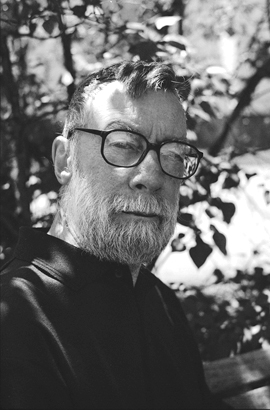In 1661, less than a decade after the first Friends arrived in British North America, the precursor to the New England Yearly Meeting was organized as the Rhode Island Yearly Meeting. As one of approximately two dozen yearly meetings in the United States, the NEYM currently comprises eight quarterly meetings and approximately 85 monthlies, which are the basic unit of organization for the Society. Like many Yearly meetings, the NEYM has been diverse in spiritual practice, reflected in a history of separations and reunions. Most famously, Orthodox Friends in New England divided in the 1840s into the increasingly evangelically-oriented Gurneyites, who went by the name Yearly Meeting of Friends for New England (joining Friends United Meeting in 1902), and the Wilburites, sometimes called Conservative Friends. In 1945, the disparate branches formally reunited.
Consolidated beginning in the 1960s, the NEYM collection contains the official records of the New England Yearly Meeting from its founding in the seventeenth century to the present, along with records of most of its constituent Quarterly, Monthly, and Preparative Meetings and records of Quaker schools and trusts. As varied as the Quaker practice they document, these records include minutes of meetings for business; committee records; newsletters, financial records; some personal papers; printed books and serials; and an assortment of photographs, audiovisual materials, microfilm, and electronic records. Of particular note are the vital statistics recorded by the Monthly Meetings, including general information on births, deaths, marriages, membership, and obituaries, and specifically-Quaker information on removals (formal letters written as members moved from one meeting to another), denials, testimonies (beliefs and convictions), and sufferings (penalties suffered by Quakers for following testimonies). The Archives Committee of the NEYM is a partner in records management and on-going documentation of the Meeting and its constituent bodies. The collection also includes several thousand Quaker books and pamphlets, including the libraries of Moses and Obadiah Brown and several individual monthly meetings. The records of most monthly meetings in Maine are held at the Maine Historical Society, while important bodies of records are held at the Newport Historical Society (some Nantucket and Rhode Island Meetings) or at individual Monthly Meetings.
An overview of the NEYM collections and a comprehensive inventory and finding aid prepared by Richard Stattler in 1997 at the Rhode Island Historical Society are available online. Stattler’s inventory includes materials in the NEYM Collection at UMass, as well as NEYM materials held at other institutions. SCUA’s updated inventory will follow in 2017.




